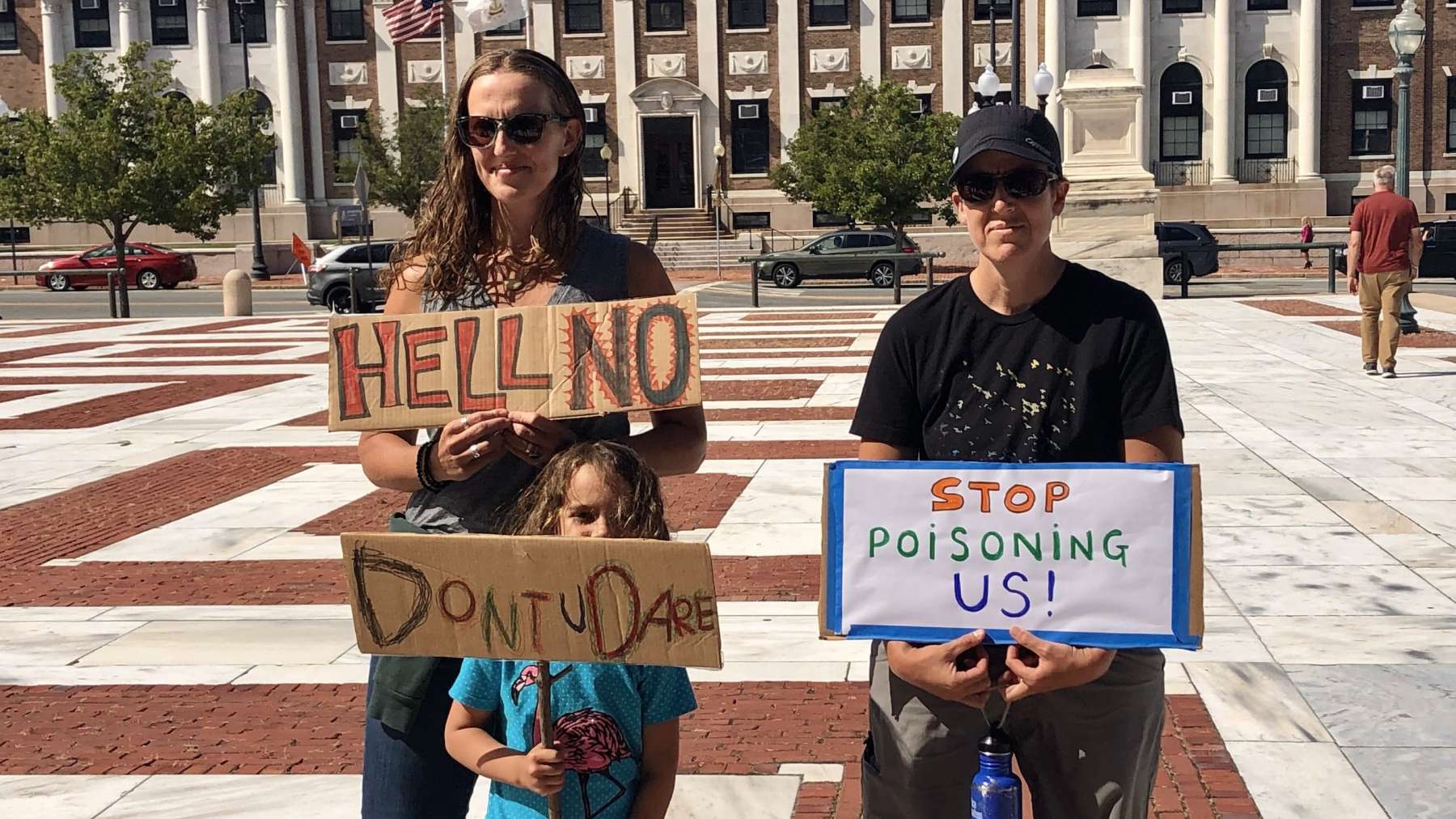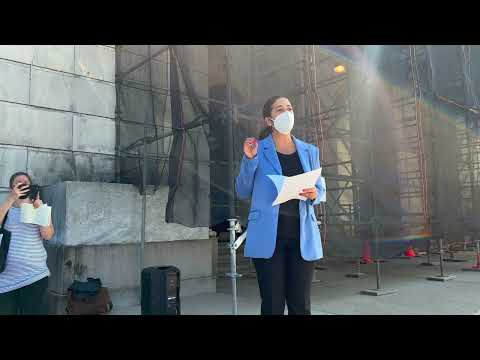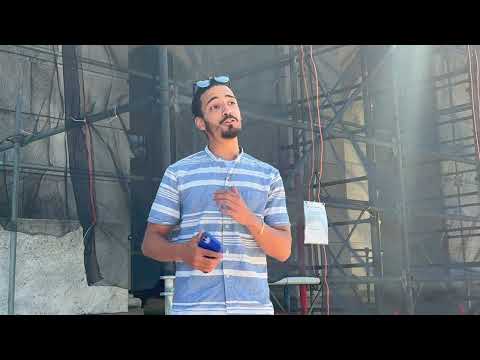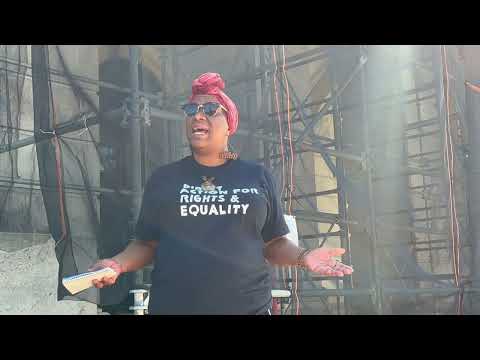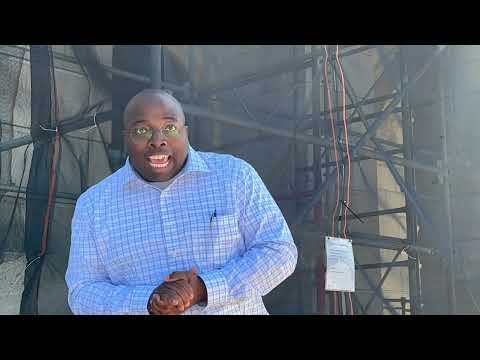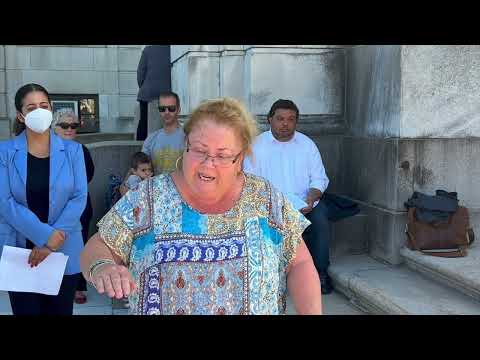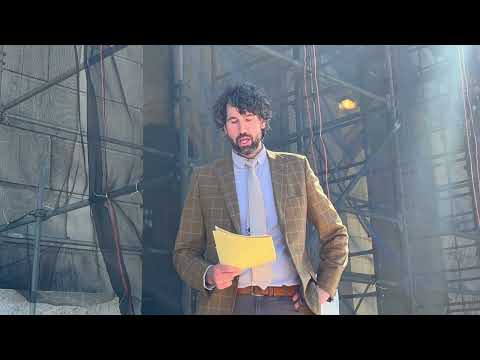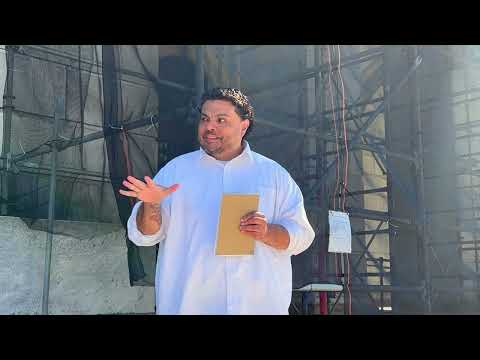The pyrolysis bill won’t move ahead this session, say House leaders
“I know the state weren’t proposing this at any of the predominantly white, wealthy or well-to-do communities,” said Dwayne Keys from the South Providence Neighborhood Association. “At this point we’re done with the niceness and the politeness. So to those legislators who thought that this is a good idea, sponsoring and co-sponsoring, understand that you engaged in environmental racism. Just know that you did that.”
June 21, 2022, 10:21 pm
By Steve Ahlquist
Just ahead of a rally organized by the Environment Council of Rhode Island (ECRI), The People’s Port Authority, and environmental justice organizations and community members to “express strong opposition to toxic, plastic burning or so-called ‘advanced recycling’ bills,” Speaker of the House Joseph Shekarchi and Majority Leader Christopher Blazjewski issued a joint statement saying that the bill, which passed by a narrow margin out of the Senate, would not be taken up by the House, effectively killing the bill this legislative session.
See also:
- The bad idea that never dies: Pyrolysis is back at the Rhode Island State House
- Senate approves scientifically unsound and environmentally dangerous plastics burning bill
“The House will not be considering legislation (H8089/S2788A) this year that adds advanced recycling as a definition for refuse disposal,” said House leaders in a statement. “We are a member-driven body and our members have spoken to us loudly and clearly that they have serious unresolved questions about this bill.
“We have had the best year ever regarding environmental legislation and we do not want to take a step backward by passing this bill. As examples, we have passed, or are about to pass, legislation that establishes the strongest renewable energy standard in the country, increases renewable energy production and supply, increases offshore wind capacity, reduces the use of plastic bags, removes harmful ‘forever chemicals’ in our water and packaging, and invests hundreds of millions of dollars to support climate resilience and the green and blue economy. We enacted the landmark Act on Climate legislation last year, and really kept the momentum rolling in our session which is wrapping up this week.”

Given this news, the planned protest became more of a celebration, but it was a celebration dampened by the idea that the pyrolysis bill is not dead forever. It could certainly be resurrected next year.
“Today, we were heard,” said Priscilla De La Cruz, ECRI President and Senior Director of Government Affairs at the Audubon Society of Rhode Island. “Next year, we will be back here if such proposals are in from of the General Assembly. We’re hoping that this has sent the right message – That we don’t want this in any community, nor do we want this in Rhode Island.”
The bills, H8089/S2788A, propose allowing so-called “advanced recycling” (aka pyrolysis or high heat) facilities to be built in Rhode Island. These facilities are really just a complicated way of burning plastics for energy. The effort, touted by plastics industry and the American Chemistry Council would undermine efforts to protect environmental justice communities and meet Act on Climate goals. High-heat plastics-burning technologies, including pyrolysis and “advanced recycling,” are toxic and climate-damaging, and often sited on the backs of frontline communities who are already burdened by pollution and experiencing deep inequities.
The Senate passed S2788, sponsored by Senator Frank Lombardo (Democrat, District 25, Johnston), after some legislative chicanery. The bill contradicts the the proposed Environmental Justice Act, also passed by the Senate. The House bill 8089, sponsored by Representative Stephen Casey (Democrat, District 50, Woonsocket), would exempt “advanced recycling” facilities from solid waste laws and regulations.

“We hope that every time they try to add a polluting industry in our community that we continue to keep showing up,” said Angel Ramos, an organizer with The People’s Port Authority.
“What are we doing?” asked Terri Wright from DARE (Direct Action for Rights and Equality). “Whose idea was it to not care at all about where this plastic burning facility was going to be built?”
“I know the state weren’t proposing this at any of the predominantly white, wealthy or well-to-do communities,” said Dwayne Keys from the South Providence Neighborhood Association. “At this point we’re done with the niceness and the politeness. So to those legislators who thought that this is a good idea, sponsoring and co-sponsoring, understand that you engaged in environmental racism. Just know that you did that.”
I am acutely aware of what is in the Port, and what doesn’t belong in the Port anymore,” said Linda Perry from the Washington Park Neighborhood Association. “There is an opportunity to go green. And I would hope that our legislators in the building behind us realize that. We could eliminate all of this angst if we just focused on a clean, green economy.”
“This bill… would have stripped communities of their right to object to dangerous, plastic burning facilities,” said Kevin Boudris, Senior Attorney with CLF. “And the bills would have picked particular neighborhoods as the sacrifice zones for these communities. The bills would have also exempted high heat facilities from other commonsense waste regulations, like siting restrictions, operating standards, emergency management plan requirements…”
“This isn’t a new thing. We’re not here talking about communities of color being disproportionately impacted by environmental racism like it’s just about to happen,” said David Veliz from the Rhode Island Sierra Club. “These communities have been struggling since the beginning of this country. In Rhode Island poor communities and communities of color are disproportionately affected by higher lead poisoning rates, higher asthma rates, higher medical bills, higher mental and emotional health costs because of the compounding oppressions of poverty and environmental injustice bring on.”



